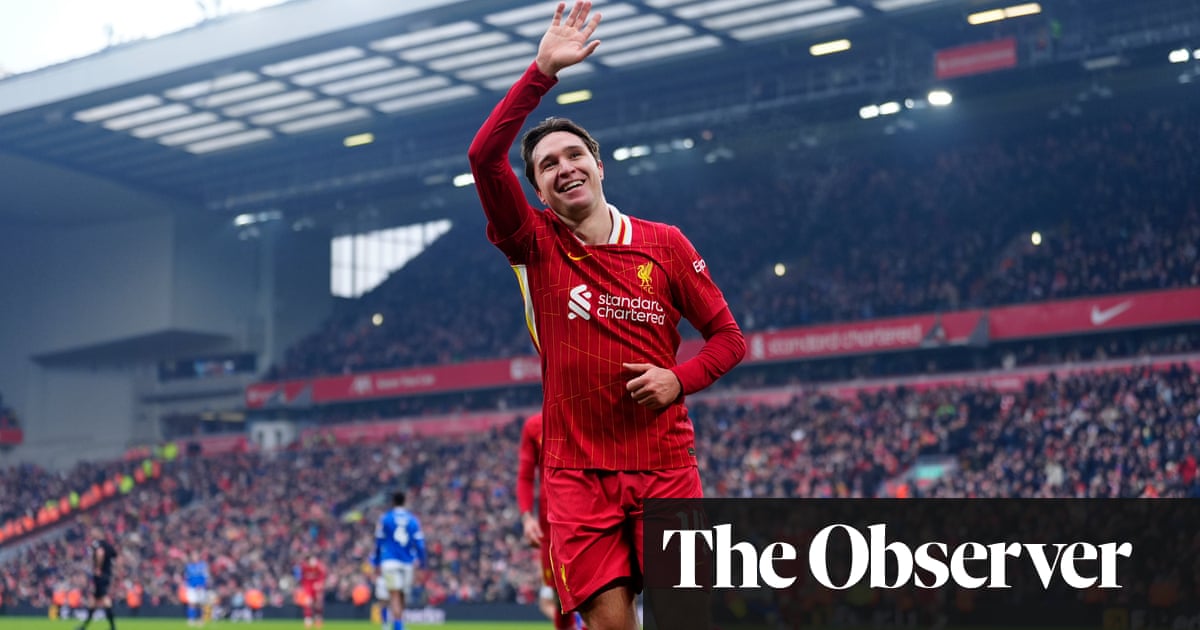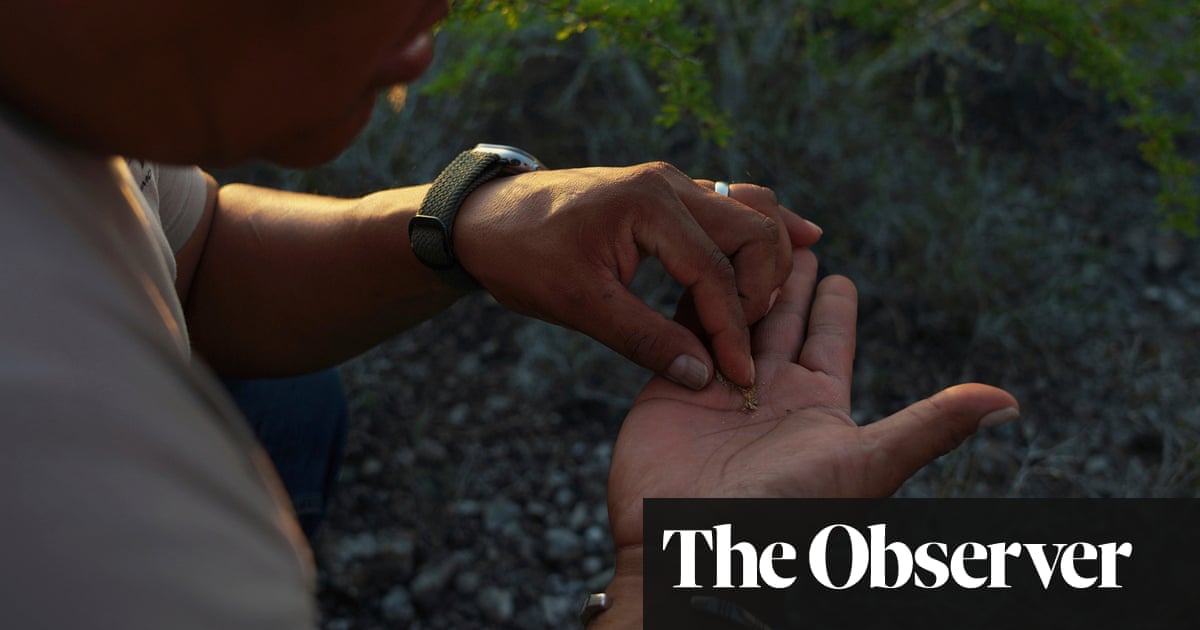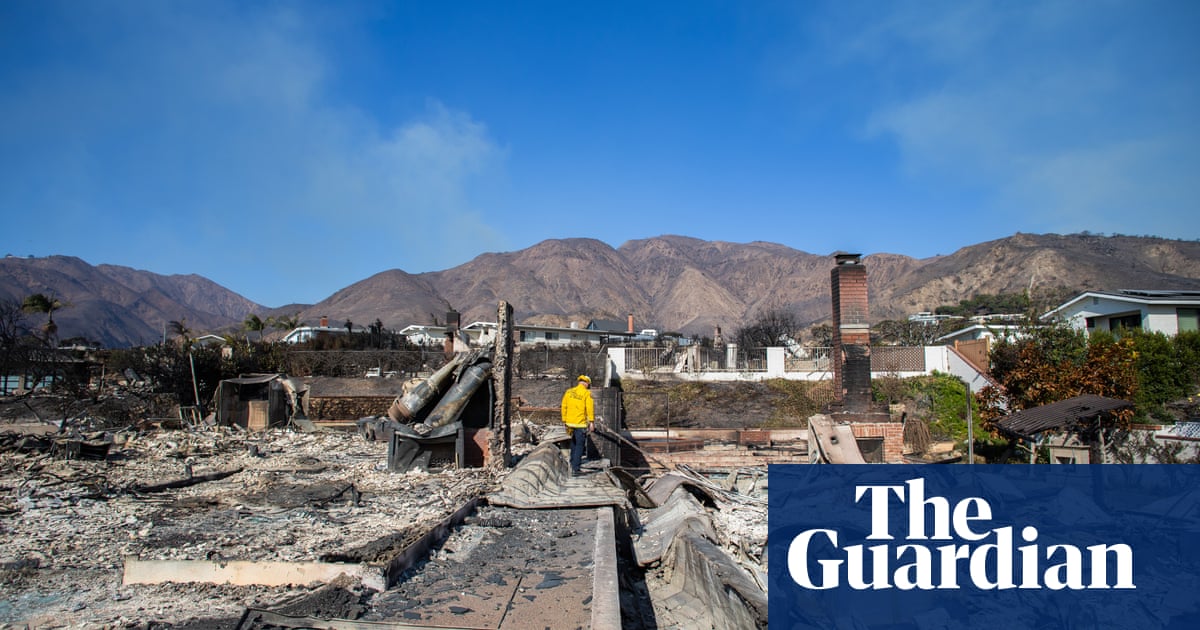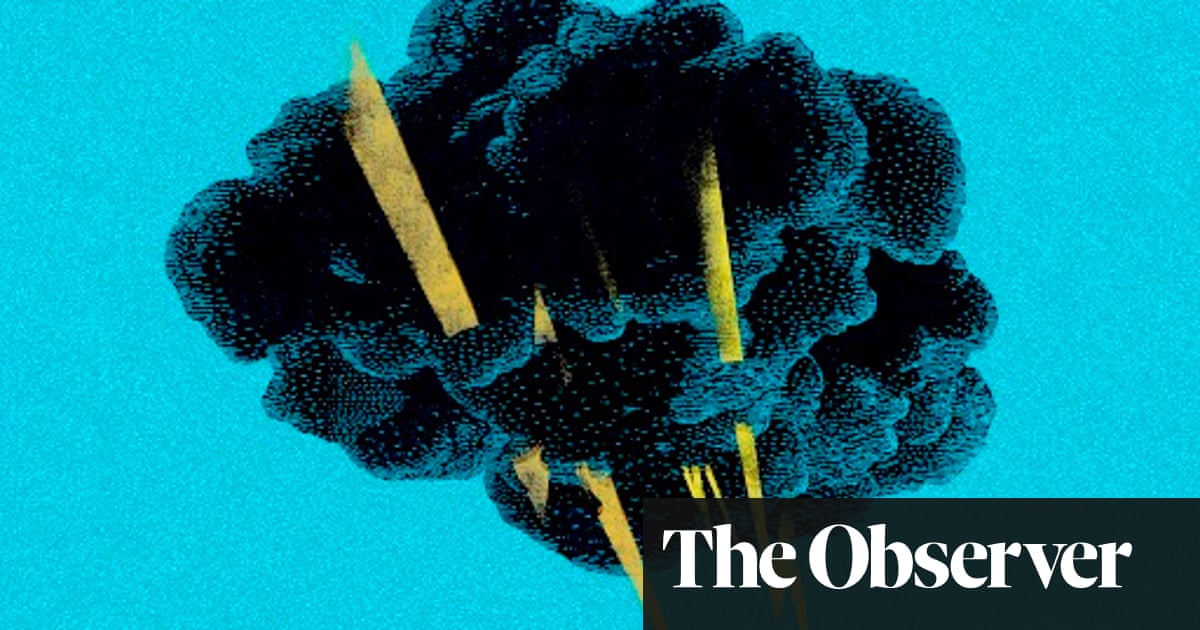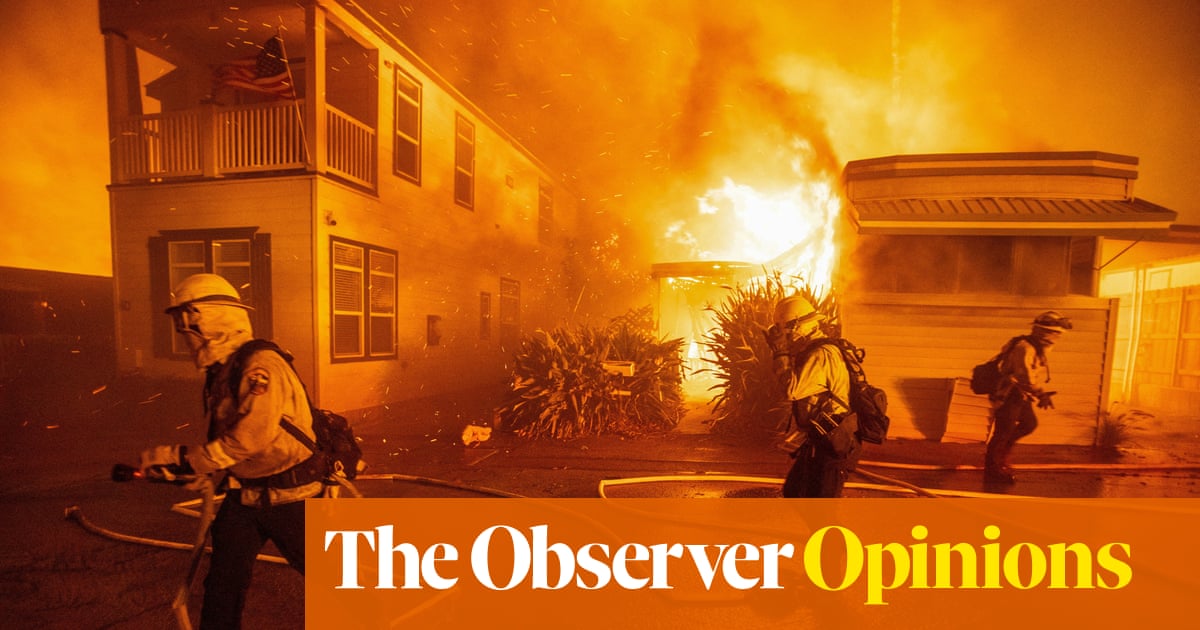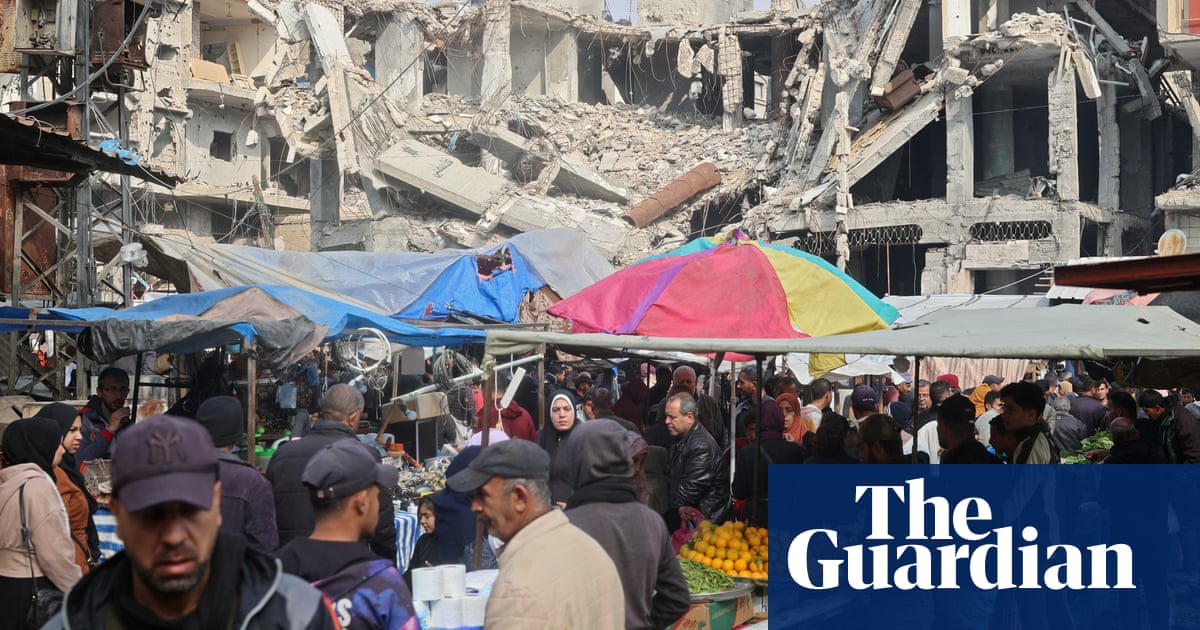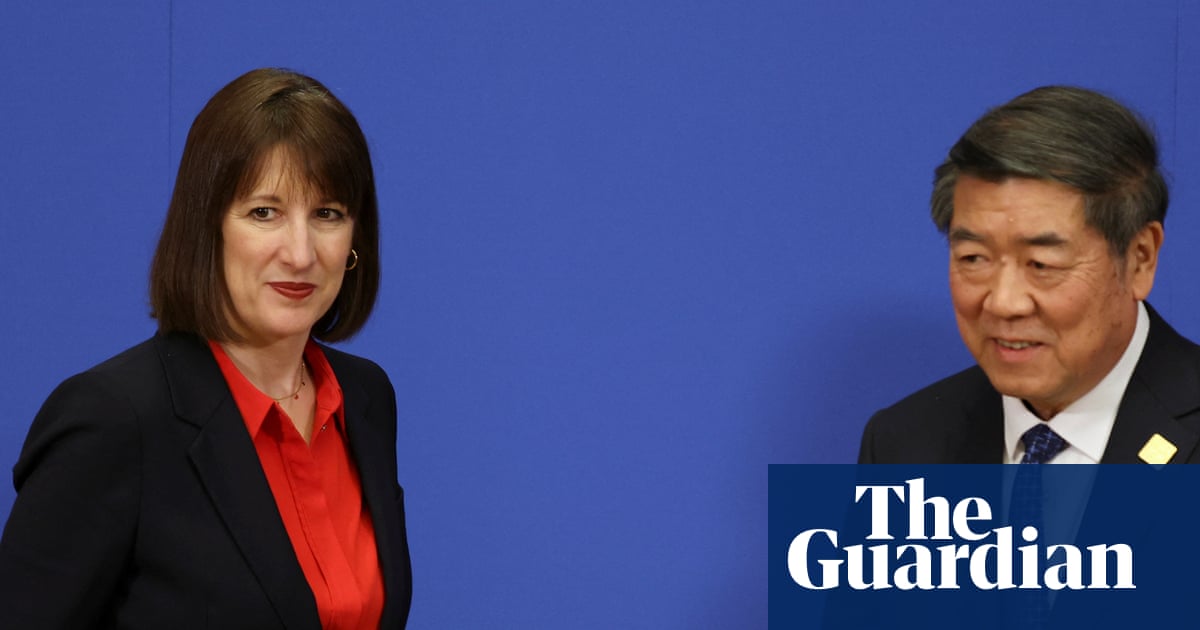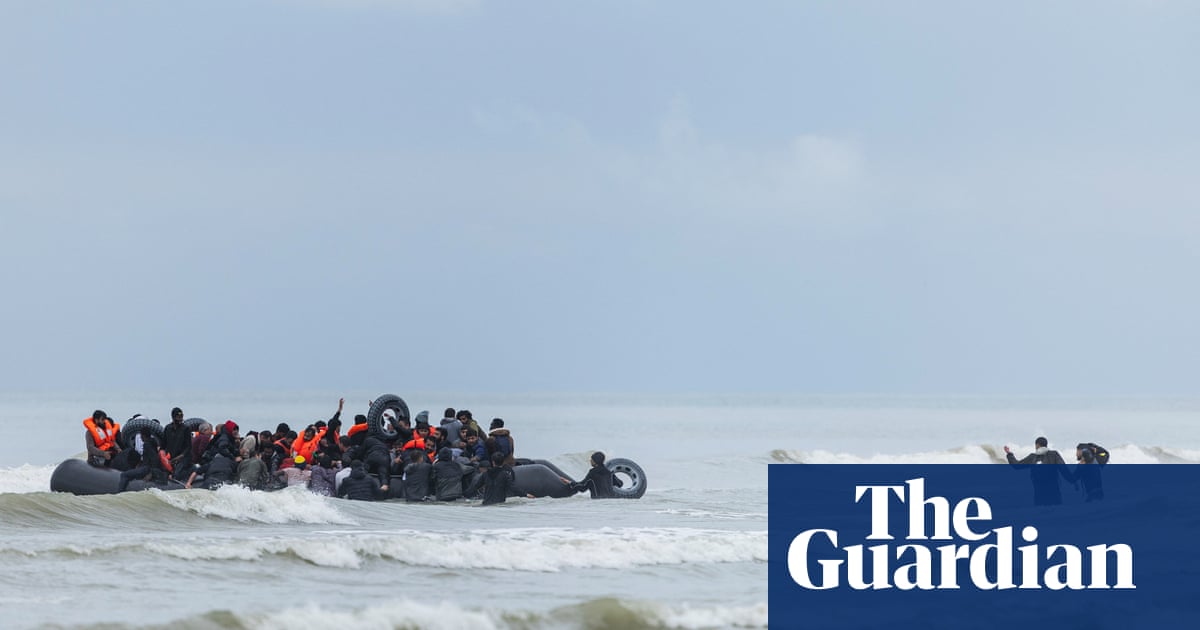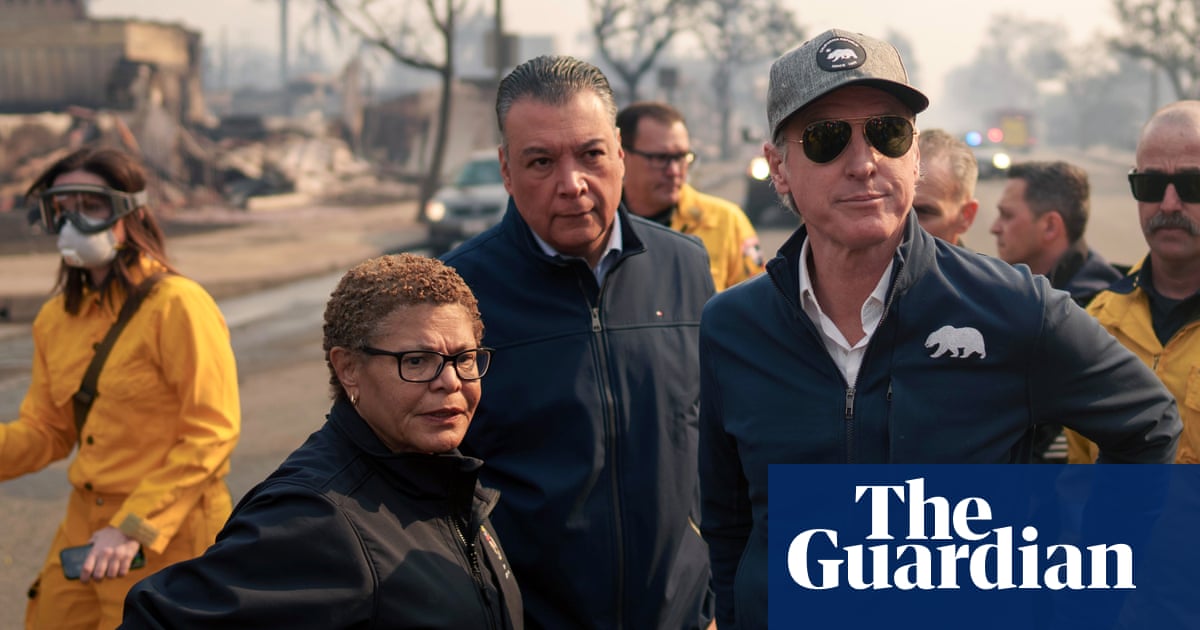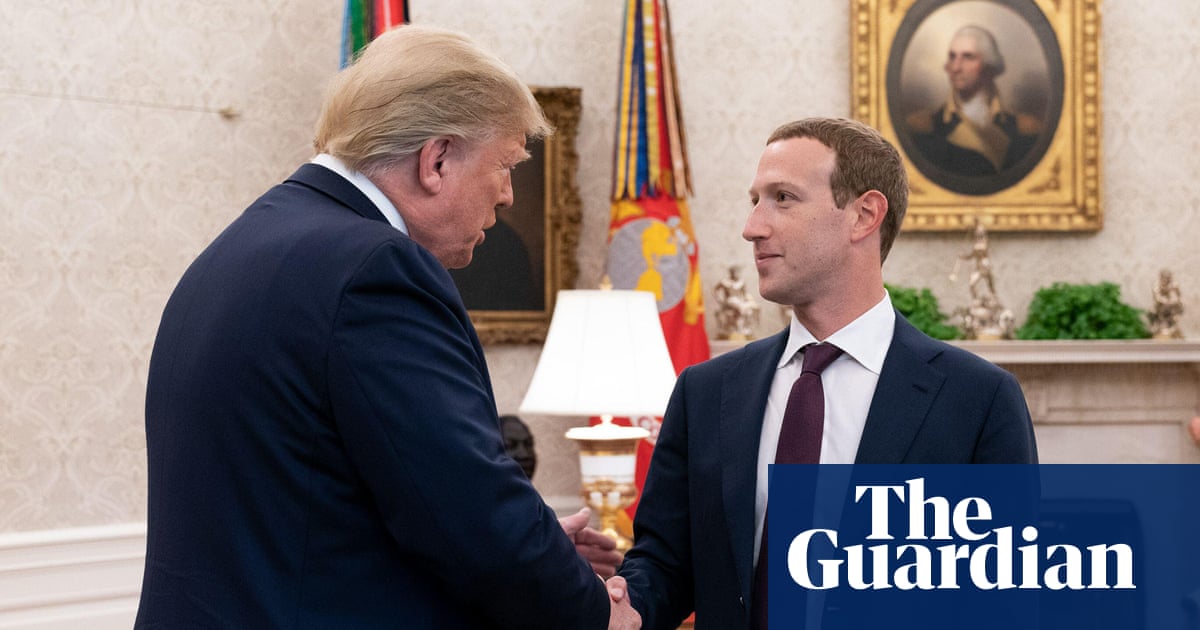Key events Show key events only Please turn on JavaScript to use this feature

Patrick Greenfield
As we wait for signs of movement in the negotiations, the conference centre is a ghost town this morning. Gone are the crowds of delegates and rammed food halls. The organisers are busy dismantling pavilions and the network of tents built around the Olympics stadium here in Baku. Competition for food, water and toilet roll is a growing issue.
This morning, the New York Times ran a story about Singapore beer made from recycled toilet water on offer at Cop29. In a few hours, maybe that will start to seem appealing. Air conditioning units have been turned up to 30C in some areas, literally turning the heat up for negotiators.
Everything about the venue is telling those that remain to get on with it, reach a deal and leave. But at the time of writing, no time for a plenary is listed on the TV screens. We continue to wait.
As we wait for the new text to land it’s worth looking back at the closing summary from yesterday, when the conference should have ended.
Yesterday’s closing summary:
-
Mary Robinson, the former president of Ireland and twice a UN climate envoy, said rich country budgets were stretched amid inflation, Covid and conflicts including Russia’s war in Ukraine, and warned that poorer countries might have to compromise.
-
The UK government pledged £239m to tackle deforestation
-
In an unusual intervention, the UAE stepped in and warned that the world must stand behind a historic resolution made last year to “transition away from fossil fuels” as the Saudis tried to block the language.
-
The draft text was published, but met a pretty hostile reception. It called for $1.3tn by 2035.
-
Civil society called it “an absolute embarrassment”
-
Few countries have spoken up so far, but their reactions have been mixed. The Australian climate change minister, Chris Bowen, has responded to the latest text from the presidency, describing it as a “genuine attempt”. But Amb Ali Mohamed, Kenya’s Special Envoy for chair of the African Group of Negotiators called it as “totally unacceptable and inadequate.”
Climate talks enter overtime

Patrick Greenfield
We are into overtime at Cop29 in Baku and we are still waiting for signs of compromise. It could be a very long Saturday in the Azeri capital, where a plenary is currently scheduled to take place at 10am local time.
The developing world reacted with anger to a draft $250bn climate finance target yesterday, dismissing it as a “joke” and far below the amount that is needed. Behind the scenes, a diplomatic effort is underway to increase the offering from rich nations to make sure the deal survives.
The Guardian understands that the UN secretary general is ringing round capitals to push for a higher figure. The EU is among those open to $300bn but Japan, Switzerland and New Zealand do not want to raise the offer, it is understood. Let’s see who budges, if anyone.
Among donor countries, there is anxiety about what Donald Trump’s return to the US presidency will mean for climate finance, and they do not want to overcommit to a figure they cannot deliver. This, combined with the potential of right wing governments in France, Germany, Canada and elsewhere, means that things are in the balance in Baku.
Welcome to the Guardian’s live coverage of the Cop29 climate conference, I’m Ajit Niranjan. After a fortnight of negotiations, talks overran well past the Friday evening deadline as countries negotiated over what should appear in the agreed text.
The key question is over climate finance: how much money should be provided to poorer countries by wealthier ones, and what form it should take.
We will be bringing you all the latest developments as they happen. You can also get in touch with us at [email protected].

.png) 1 month ago
16
1 month ago
16

